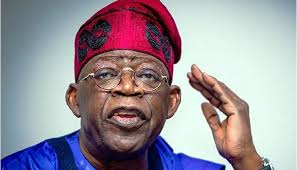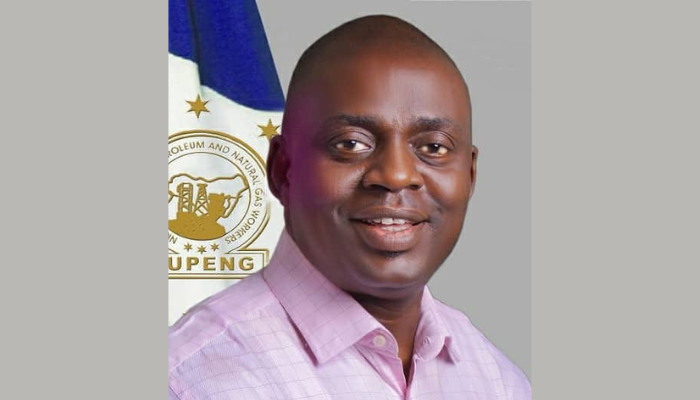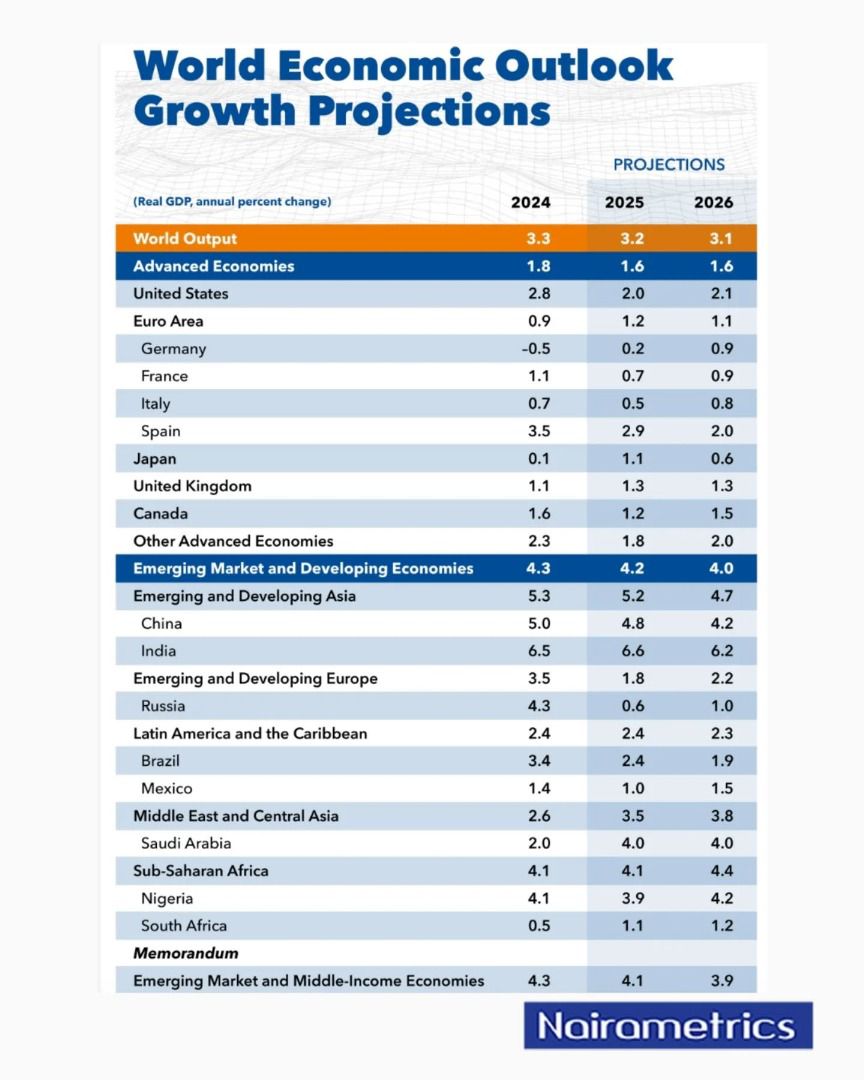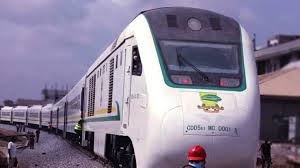On Wednesday in Abuja, President Bola Tinubu delivered a clear message to Nigeria’s big‐earning government agencies: “Every naira counts – and we need to stop wasting them.”
Speaking during the Federal Executive Council meeting, Tinubu ordered an urgent review of how some of the country’s largest revenue‐generating bodies keep and deduct funds before sending the rest to the national treasury. The move, he said, is about saving more, spending better, and freeing up resources to grow the economy.
The agencies under the spotlight include the Federal Inland Revenue Service (FIRS), Nigeria Customs Service, Nigerian Upstream Petroleum Regulatory Commission, Nigerian Maritime Administration and Safety Agency, and the Nigerian National Petroleum Company Limited (NNPC).
Finance Minister and Coordinating Minister of the Economy, Wale Edun, told journalists that the President has specifically asked for a closer look at NNPC’s hefty 30% management fee and another 30% deduction for frontier exploration — both allowed under the Petroleum Industry Act. The Economic Management Team, led by Edun, now has the job of bringing back concrete recommendations.
Tinubu framed the issue not just as an economic task, but as a moral one. To reach Nigeria’s ambitious target of becoming a $1 trillion economy by 2030, the country will need growth of at least 7% annually from 2027. “That growth,” he said, “is the surest way to pull millions out of poverty.”
For ordinary Nigerians, the link is direct: more national savings mean more investment in schools, hospitals, roads, and jobs. Tinubu pointed to the Renewed Hope Ward Development Programme, a grassroots plan to reach all 8,809 wards across the country with micro‐level poverty reduction strategies in partnership with states, local councils, and private players.
The problem, the President noted, is that public investment is still painfully low — just 5% of GDP — largely because the nation is saving too little. “We must optimise every available naira,” he said, especially now that global funding is tight.
Edun reported signs of progress: a steadier exchange rate, inflation beginning to ease, growing revenues, and debt‐to‐GDP ratios now at safer levels. But he warned that sustainable growth depends on putting more into the nation’s savings pot.
The meeting wasn’t just about tightening belts. Edun also presented two financing proposals: $125 million from the Islamic Development Bank to upgrade 35 km of roads in Umuahia and 126 km in Aba, Abia State and a plan to refinance N4 trillion in outstanding electricity sector debts, to be tackled in phases starting within weeks.
For many Nigerians, the President’s directive will be judged not by the technicalities of “retention practices,” but by whether it leads to better roads, constant light, and more opportunities. Tinubu’s challenge now is to make sure that money currently trapped in bureaucratic vaults finds its way into the lives of the people who need it most.





